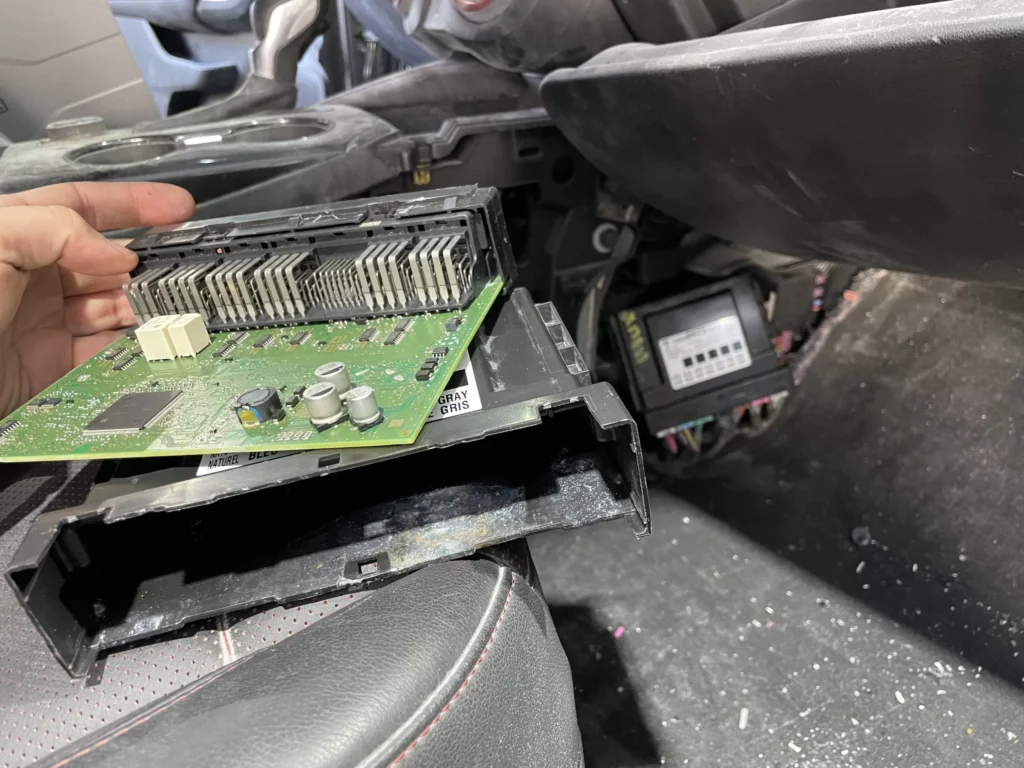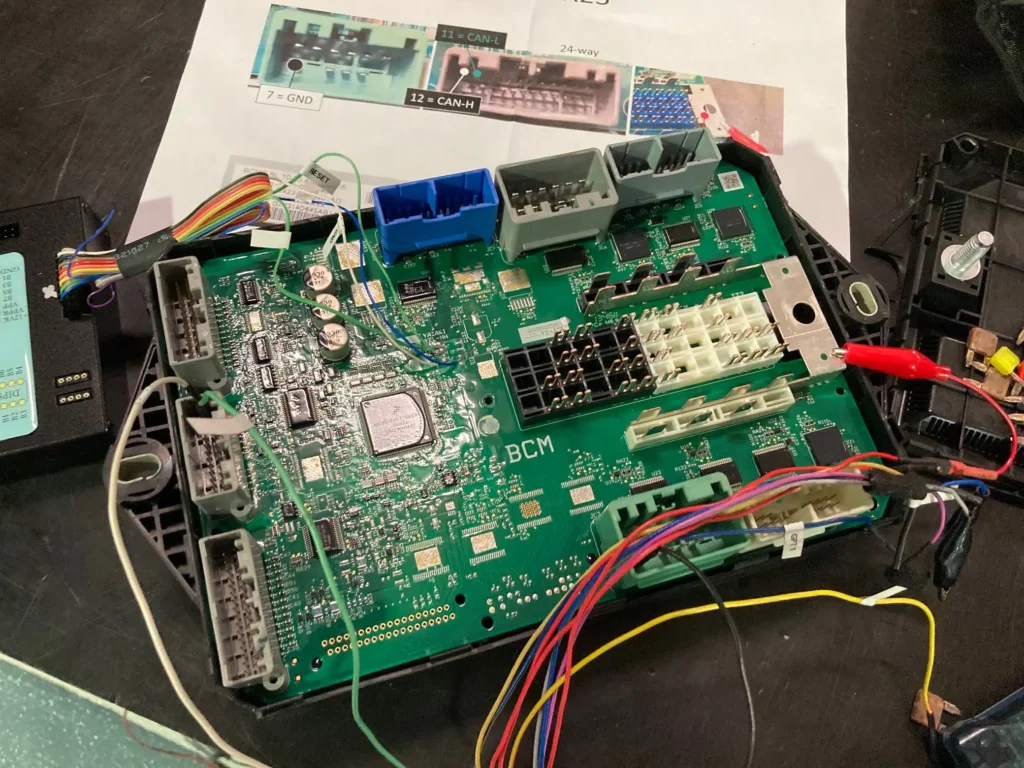Customizing Your BCM Programming: Why Would You Do It?
Understanding the Body Control Module
The Body Control Module (BCM) is a key component in modern vehicles, acting as a centralized hub that manages various electrical systems. It controls everything from power windows and locks to interior lights and the vehicle’s alarm system. BCM programming involves configuring the software within the module to change or enhance how these functions operate. Whether you’re looking to add new features or fix existing issues, BCM customization can offer a range of benefits.

Reasons to Customize Your BCM
There are several reasons why you might consider customizing your vehicle’s BCM. First, you may want to enable or disable certain features to better suit your personal preferences. For instance, tweaking the sensitivity of automatic headlights or modifying how your car’s wipers respond to rain can make your driving experience more pleasant. Additionally, customization can offer solutions to common annoyances, like disabling a persistent seatbelt warning chime or adjusting the delay time for interior lights.
Enhancing Vehicle Security and Functionality
Customizing your BCM can also significantly boost your vehicle’s security. You can tailor security settings to improve alarm sensitivity, or integrate additional security measures like automatic door locking when you reach a certain speed. Moreover, BCM programming and repairs are vital for resolving compatibility issues that might arise when installing aftermarket parts, ensuring all systems work harmoniously.
The DIY Approach vs. Professional Services
When contemplating BCM customization, the million-dollar question is whether to take the DIY route or to hire professionals. While online forums and guides can provide abundant information for the DIY enthusiast, be aware of the potential risks. Incorrect programming can lead to malfunctions or even system failures, potentially voiding warranties. On the other hand, professional services for BCM programming and repairs ensure a higher level of reliability and come with the added benefit of technical support and warranties.
Consider the Costs and Expertise Needed
Customizing your BCM isn’t just about plugging in a laptop and tweaking some settings; it requires specialized software and a deep understanding of your vehicle’s architecture. Professional services might seem costly upfront, but they can save you time and money in the long run by avoiding costly mistakes. If you lack the technical expertise, investing in professional services is generally the safer and more efficient option.
Making the Right Choice
Customizing your BCM can enhance your vehicle’s functionality and tailor it to better meet your needs. While the prospect of doing it yourself is tempting for those who are technically inclined, the risks often outweigh the potential savings. Professional services offer peace of mind with expert knowledge, ensuring that both customization and any necessary repairs are executed flawlessly.


